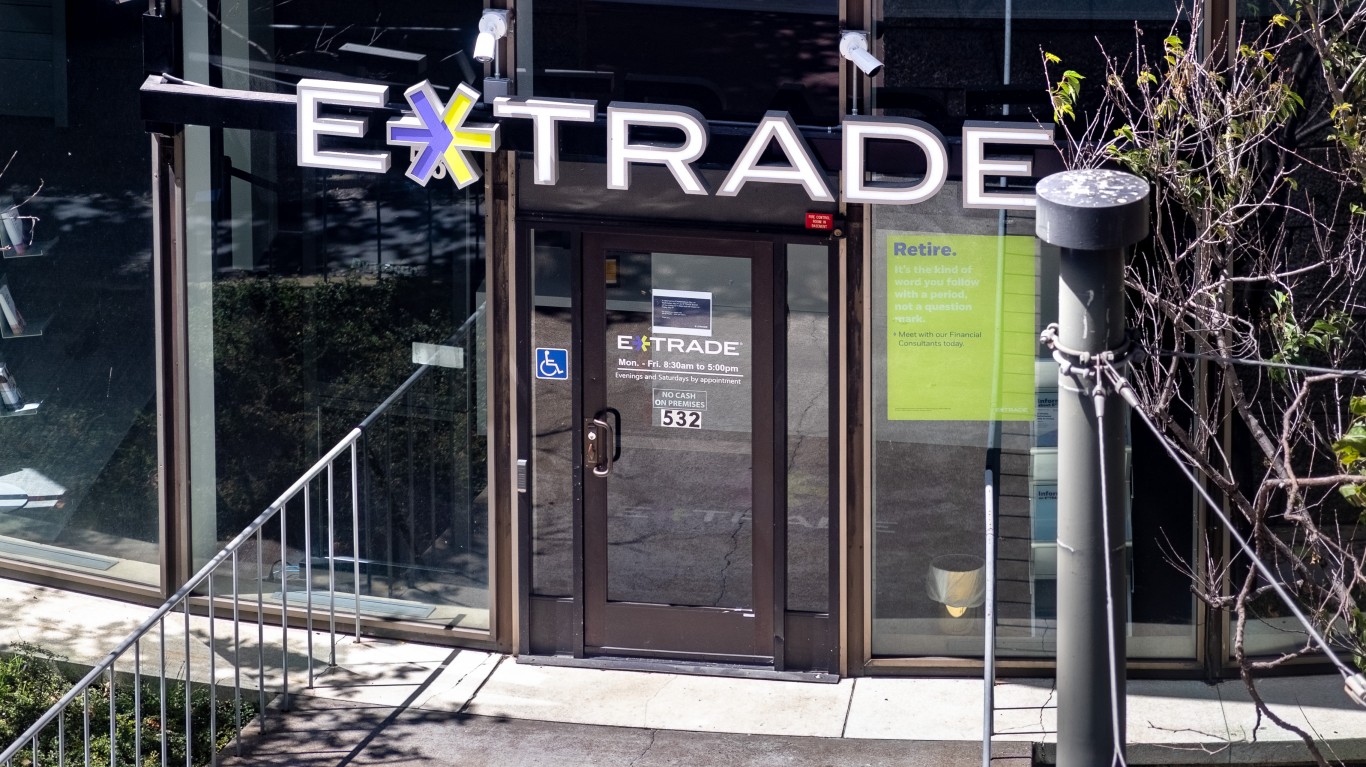

Citigroup Inc. (NYSE: C) is scheduled to report its first-quarter financial results before the markets open on Friday. The consensus estimates from Thomson Reuters call for $1.03 in earnings per share (EPS) on $17.46 billion in revenue. In the same period of last year the bank posted EPS of $1.51 and $19.81 billion in revenue.
The stock looks cheap, trading at just 9.27 times estimated 2016 earnings, and it is the nation’s fourth-largest bank by assets. Merrill Lynch sees the dividend growing from the current 0.5% and notes that Citi is the only U.S. universal bank trading below book value.
Unlike the other mega-banks though, Citi’s number one credit exposure is transportation and industrial, much of which actually benefits from lower energy prices, so Citi is in good shape here comparatively as it is naturally hedged. At the end of 2007, main exposure was to banks, so indirect exposure to real estate was what brought the bank down.
Most analysts have trimmed their Citigroup target prices marginally. Oppenheimer made a call in the first quarter that was based on the belief that the bank stocks have gotten too cheap relative to the markets, even in the face of rising interest rates, not to mention that they are all down in 2016.
Prior to the release of the earnings report, a few analysts weighed in on Citigroup:
- Deutsche Bank reiterated a Hold rating.
- JPMorgan has an Overweight rating but lowered its price target to $54 from $56.
- Keefe, Bruyette & Woods reiterated an Outperform rating with a $51 price target.
So far in 2016, Citigroup has underperformed the broad markets, with the stock down 14%. Over the past 52 weeks, the stock is down about 15%.
Shares of Citigroup were trading up 1.2% at $44.79 on Thursday, with a consensus analyst price target of $56.08 and a 52-week trading range of $34.52 to $60.95.
Essential Tips for Investing: Sponsored
A financial advisor can help you understand the advantages and disadvantages of investment properties. Finding a qualified financial advisor doesn’t have to be hard. SmartAsset’s free tool matches you with up to three financial advisors who serve your area, and you can interview your advisor matches at no cost to decide which one is right for you. If you’re ready to find an advisor who can help you achieve your financial goals, get started now.
Investing in real estate can diversify your portfolio. But expanding your horizons may add additional costs. If you’re an investor looking to minimize expenses, consider checking out online brokerages. They often offer low investment fees, helping you maximize your profit.
Thank you for reading! Have some feedback for us?
Contact the 24/7 Wall St. editorial team.



